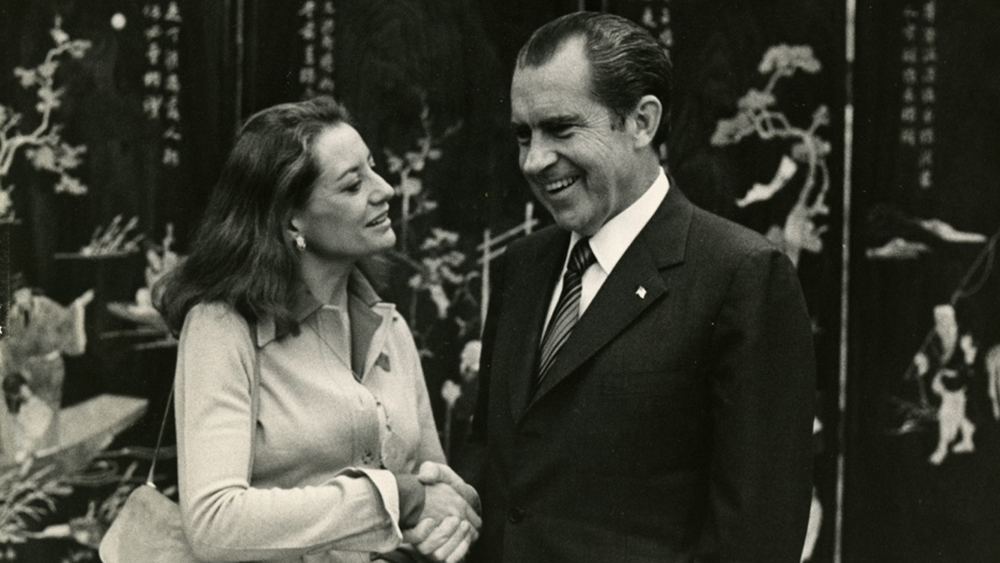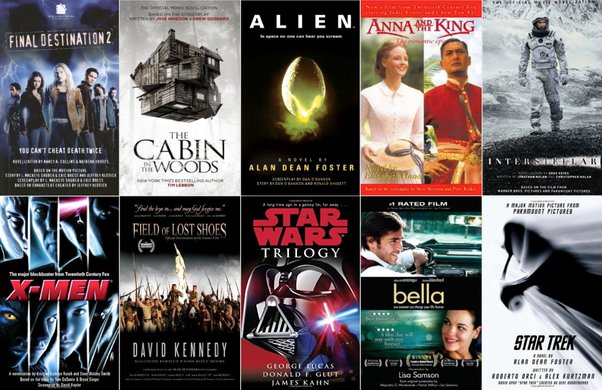,Barbara Walters: Tell me everything“A documentary is much more like its subject. It is sharp and is interrogating in a fickle way. It asks a friendly question, but knows when to toss in a difficult.
“Tell me everything” in all its delicious attraction and importance (for the first 15 years of her television career, she was breaking the glass roof with every new role), and it catchs a great deal about the Walters as a person, as it refuses to refuse to how elusive it can be. On TV, he presented himself as a fighting mensche, someone who can discover you in your eyes with that sympathetic Twinkle. Still the camera can be ruthless. She was burning through romantic relationships as she was a seasonal shopping, and one of her closest friends was the dreaded Roy Kohan. She was complex. And so there was the place where he captured journalism.
For some time, the film is telling two stories at once: The Chronicle of Walters increase in TV news, and it has a great meaning because she was a woman. In 1961, when she joined NBC’s “Today Show”, she was brought to cover “women’s stories” (we see her in a clip in a playboy -made outfit). While it was historic in itself, it was up to him to get out of the remaining 1950 mentality.
In 1971, he got a big break, irony that when “Today show,” Frank McGi’s new hosts emphasized the network that he should be allowed to ask the first three questions of any guest. This angered the wallers, so he started advancing the idea of interviewing outside the studio. Anyone, even the voltage, could have guessed that she would be making her journalism art form.
As an interviewer, she was personal, reliable, honest, accessible and penetrating. In her bizarre way, she was revolutionary, as she went to a human level to places that strictly responsible male TV interviewers, even good people, were not trained. So although she was fighting a dozen sexist prior perceptions, her gender sensitivity really gave her a big advantage. He helped the ratings laugh. And then some inflated. In 1974, Frank McGi hunted cancer at the age of 52. It was in the contract of the Walters that if McGi ever left the show, she would become a co-script. She became the first female co-manban “Today Show” on 22 April 1974.
But the male antipathy that she ran into was extraordinary. McGi tried to boxing her, and when she was hired by ABC as America’s first female network news anchor, “ABC Evening News” was co-maintained, which had a headline salary of $ 1 million per year, her co-stars, Harry Region, behaved with her chilli contempt. During the show tapping, she was surrounded by Reesner and the crew. He called the job “mistake”. But then the Roone Arledge, who converted ABC sports into an one-network entertainment complex, was given the opportunity to do the same thing with the news division. Arledge saved the walters. His one -hour interview was to be his own news.
“Tell him everything” opens with a montaz in which we see that the Walters saw one of the questions of his unqualified strange interview for various subjects: Richard Nixon (“Are you sorry that you haven’t burnt the tape?”), Barbara Striesand (why “not,” Beard? ” Godwhat a question! ,
Synthia McFaden says, “Sitting with Barbara Walters,” no one ever came out completely. “Andy Cohen describes how an interview topic, you will be surrounded by flowers and delicate lighting, only Barbara hit you with that hardball question – which, in a way, was the question that everyone had gathered around the TV. Opra Winfrey, Koni Chung, and Bette Middleer explained the memories of those subtle ways that the vallers erased their power. Produced, and you can argue that there was a moral dimension – that by using highly strategic “gotcha”! Seeing Castro Laugh Was there an education.) So what can be wrong in this?
Walters criticized a lot, with lines that she was making the news trivial, and “tell me everything”, as a more curve example of a sexist journalism culture, as an example of that criticism. But there is a big picture that the documentary never faces a lot. Something was happening that was greater than Barbara Walters, although he (unknowingly) helped pave the way for it. And this was a spiritual American change of news in entertainment.
In 1977, Walters arrived in the Middle East for the summit of Egyptian President Anwar Saadat and Israeli Prime Minster Menkem, and the documentary shows us how sad Walter Chroncite and John Chancellor were. Start flirt with him in one-one interview, and then we look at Sayat in a joint interview, dismissing the idea that the Arab leaders will ever leave an inch of the “occupied” area-and the Walters’ response is not to challenge him, but all this is going to be well. In the documentary, Katy Cortic looks back at that moment and says, “Walter Chroncite later interviewed both of them, but honestly if you are not the first, you are nothing.” But is that really the case? Only when you have become part of the peace process as entertainment.
“Tell me everything” joins the corporate back streets of the walters’ career, which Dian Sareer was brought to the ABC for the co-maintenance of “Primatime”. The show was a direct challenge for Walters on “20/20”, and reacted to his new rival. Walters thought Sawyer as “Ghori Devi” and as “full woman” and her insecurity was on a large scale. His parallel career became a competition of “Gates”. Who can do the hottest interview first? Won the Walters lost more than what, and her journalism-e-painting mentality was her special interview with Monica Lewinsky, which became the most rated TV news interview of all time (70 million people watched). Walters broadcast the night at their fifth Avenue apartment. But it sealed in such a way that our public life was becoming a circus of condemnable turn.
The film dedicates its last 15 minutes to “The View”, a show made by Walter and that was, as he ever did. The show brought the intimacy of women’s voices directly to the living room of America. It was gossip, and unexpected and revelation. This enhanced the career of the wallers (perhaps up to 10 years), but more than this it was to fulfill his journalism: how to explain how personal and political were disappointing, forever. (The same time magazine meant when he chose “The View” as the most important political show of his moment.) But “The View” acted as brilliantly as it was done because it happened in a world that happened as later. Politics and entertainment was now one. They were combined. Our recreational-in-chief was not yet selected, but the stage was set.



